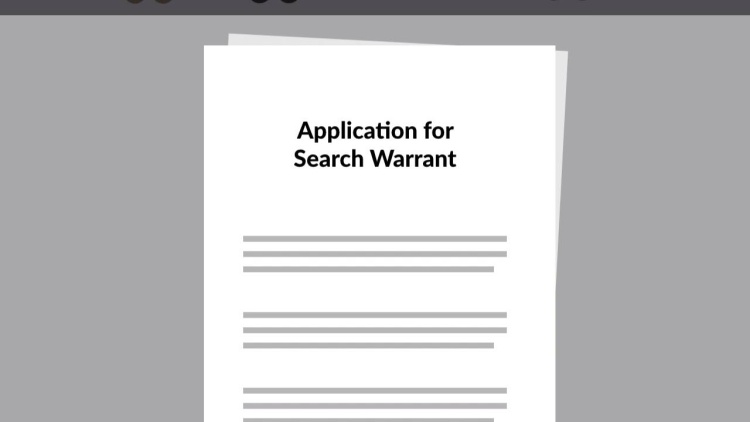Murray v. United States
United States Supreme Court
487 U.S. 533, 108 S. Ct. 2529, 101 L. Ed. 2d 472 (1988)
- Written by Sarah Venti, JD
Facts
Based on informant information, federal agents had Michael Murray (defendant), James Carter (defendant), and others under surveillance. The agents observed two vehicles, one driven by Murray, enter a warehouse and exit about 20 minutes later. As the vehicles exited, agents saw inside the warehouse and observed two people and a tractor trailer carrying a long, dark container. The agents followed the two departing vehicles, stopped the vehicles, and discovered marijuana inside. After hearing about the marijuana, agents at the warehouse went inside, where they saw numerous burlap-wrapped bales. Without touching anything, the agents left the warehouse, keeping it under surveillance while obtaining a warrant. The warrant application did not mention the prior entry and was not based on any information from that entry. Upon obtaining a warrant, the agents reentered the warehouse and seized the bales, which contained marijuana. Murray and Carter were charged with conspiracy to possess and distribute illegal drugs. Murray and Carter moved to suppress the warehouse evidence, arguing that the initial, unlawful entry tainted the subsequent search warrant. The district court denied the motion, and Murray and Carter were convicted. The appellate court affirmed. The United States Supreme Court granted certiorari.
Rule of Law
Issue
Holding and Reasoning (Scalia, J.)
Dissent (Marshall, J.)
What to do next…
Here's why 907,000 law students have relied on our case briefs:
- Written by law professors and practitioners, not other law students. 47,100 briefs, keyed to 996 casebooks. Top-notch customer support.
- The right amount of information, includes the facts, issues, rule of law, holding and reasoning, and any concurrences and dissents.
- Access in your classes, works on your mobile and tablet. Massive library of related video lessons and high quality multiple-choice questions.
- Easy to use, uniform format for every case brief. Written in plain English, not in legalese. Our briefs summarize and simplify; they don’t just repeat the court’s language.





